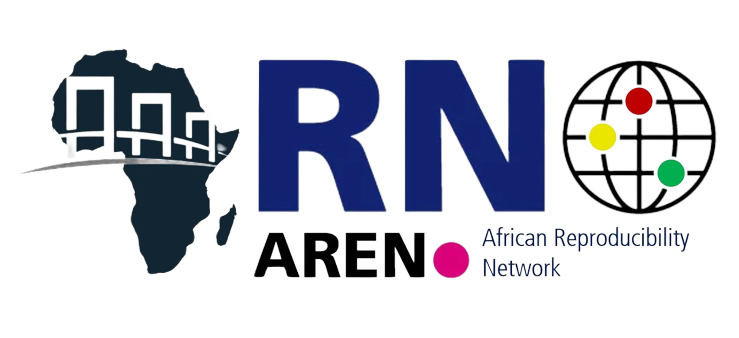Open Science is growing from being a movement for promoting best research practices to becoming a required global standard for quality, collaborative, transparent, and reliable research. Our goal at AREN is to help researchers and institutions in Africa meet this increasing demand.
We do this by engaging grassroots researchers in Africa through training and a network of local communities of practice established at universities and research institutes that coordinate and collaborate at the local, national and international level to promote best research practices. We believe institutions with such networks are better placed to establish and implement open science policies and infrastructure.

Our growing and diverse community has members from over 150 institutions in 29 African countries across all the 5 African regions, each serving as a gateway through which we can engage their grassroots communities.



